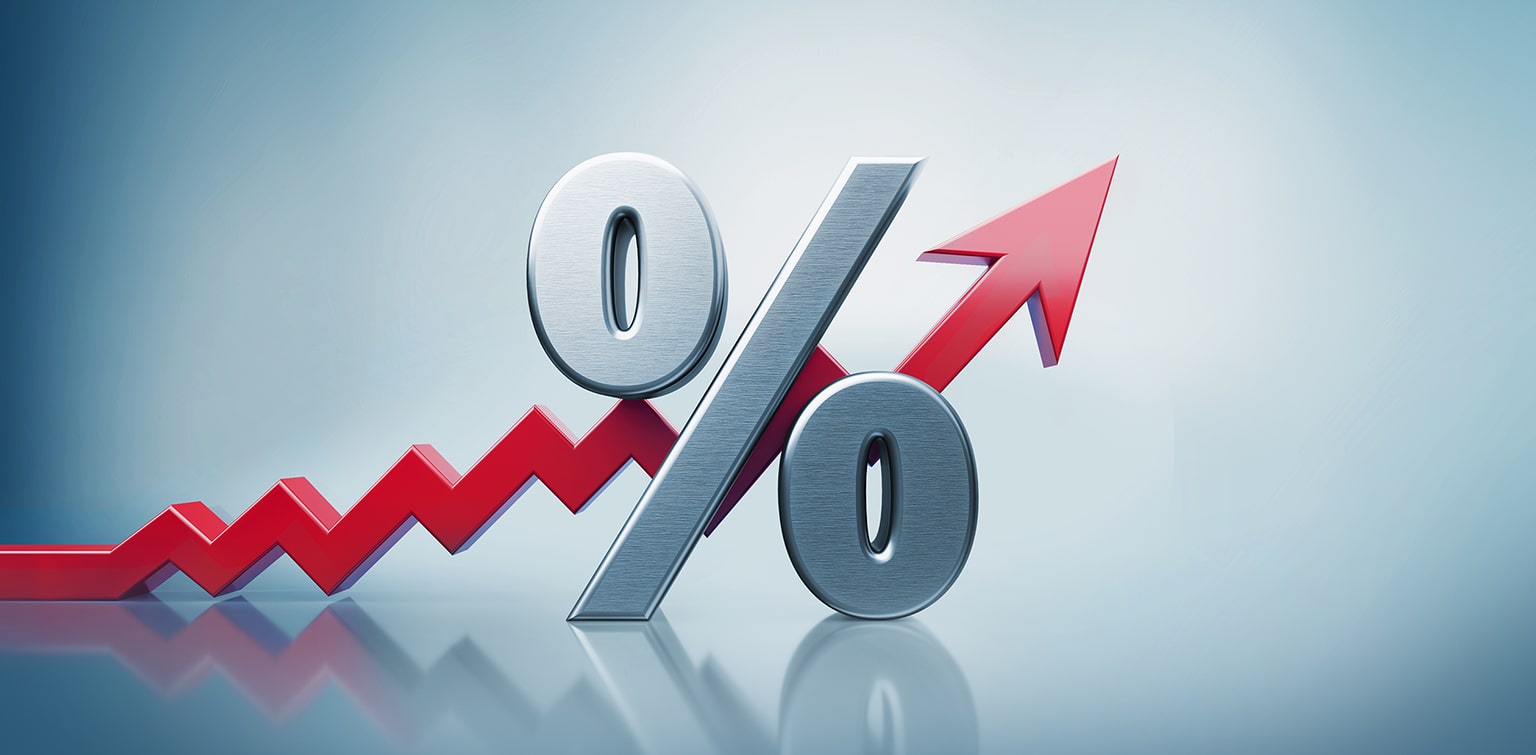
UK Consumers Cut Back on Borrowing Amid Higher Interest Rates
As the Bank of England released its latest data on Friday, it became clear that UK consumers are reining in their borrowing habits. Net consumer credit rose by a mere £0.73 billion in April, a significant drop from the £1.50 billion expected by economists. This decline is likely a result of higher borrowing costs, which are making consumers more cautious about taking on debt.
Credit Card Debt Takes a Hit
One of the most notable declines was in credit card debt, which dropped to £0.19 billion from £0.66 billion the month before. This suggests that consumers are becoming more mindful of their spending habits and are trying to reduce their reliance on credit. Other forms of credit, such as car finance and personal loans, also saw a decline, falling to £0.54 billion from £0.76 billion previously.
Mortgage Approvals Fall
While individual borrowing of mortgage debt increased to £2.4 billion from £0.5 billion the month before, net mortgage approvals for house purchases fell to 61,100 in April, down slightly from 61,300 in March. This decline is likely a result of buyers holding out for a potential cut to interest rates later this summer.
 Consumers are cutting back on borrowing amid higher interest rates.
Consumers are cutting back on borrowing amid higher interest rates.
A Sign of Caution
This decline in borrowing is a sign that consumers are becoming more cautious about taking on debt. With interest rates on the rise, it’s likely that consumers will continue to be more mindful of their spending habits. As the Bank of England continues to monitor the situation, it will be interesting to see how consumers adapt to the changing economic landscape.
 Higher interest rates are making consumers more cautious about borrowing.
Higher interest rates are making consumers more cautious about borrowing.
The Road Ahead
As the UK economy continues to evolve, it’s clear that consumers are taking a more cautious approach to borrowing. With interest rates on the rise, it’s likely that we’ll see a continued decline in borrowing habits. As the Bank of England continues to monitor the situation, it will be interesting to see how consumers adapt to the changing economic landscape.
 The UK economy is evolving, and consumers are adapting to the changing landscape.
The UK economy is evolving, and consumers are adapting to the changing landscape.















